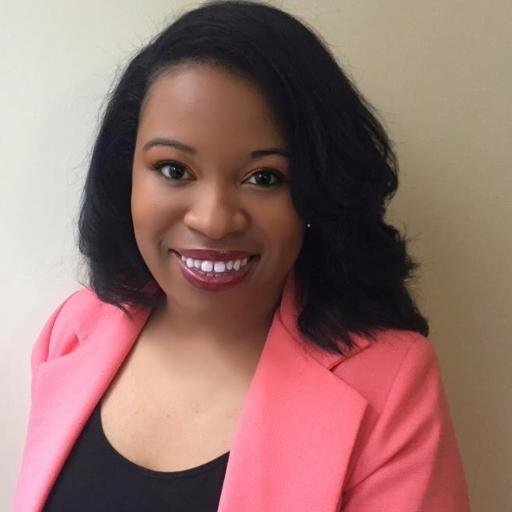21CL Alumna Dr. Alisa Valentin is our second spotlight for December 2021. A graduate of Tift County High School (2008), she received a B.S in Telecommunications from the University of Florida (2011), an M.S. in Journalism from Medill School of Journalism at Northwestern University (2013), and her Ph.D in Communications from Howard University (2018). She currently works as Special Advisor to Commissioner Geoffrey Starks at The Federal Communications Commission. In this post, Dr. Alisa Valentin shares about how participating in 21CL’s summer leadership institute helped shape her career!
Paint a brief picture of what you are doing now.
I am the Special Advisor to Commissioner Geoffrey Starks at the Federal Communications Commission in Washington, D.C. I work on broadband access and adoption, prison phone justice, and future of work policies that center on low-income and communities of color. We are a small but mighty team so I do everything from drafting speeches to providing technical assistance on legislation to Congressional staffers to organizing events with stakeholders in the tech policy community. I love being involved in the constantly evolving tech space because these issues impact everyone across the country and the globe.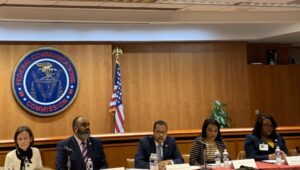
How did participating in 21CL transform you and lead you to where you are now?
The 21CL summer program I participated in solidified my interest in journalism and communications before my senior year of high school. My participation in this program led me to major in Telecommunications at the University of Florida which was then followed by an M.S. in Journalism from the Medill School of Journalism at Northwestern University, and later a Ph.D. in Communications from Howard University. I have said many times that I have 21CL to thank for my career in tech policy.
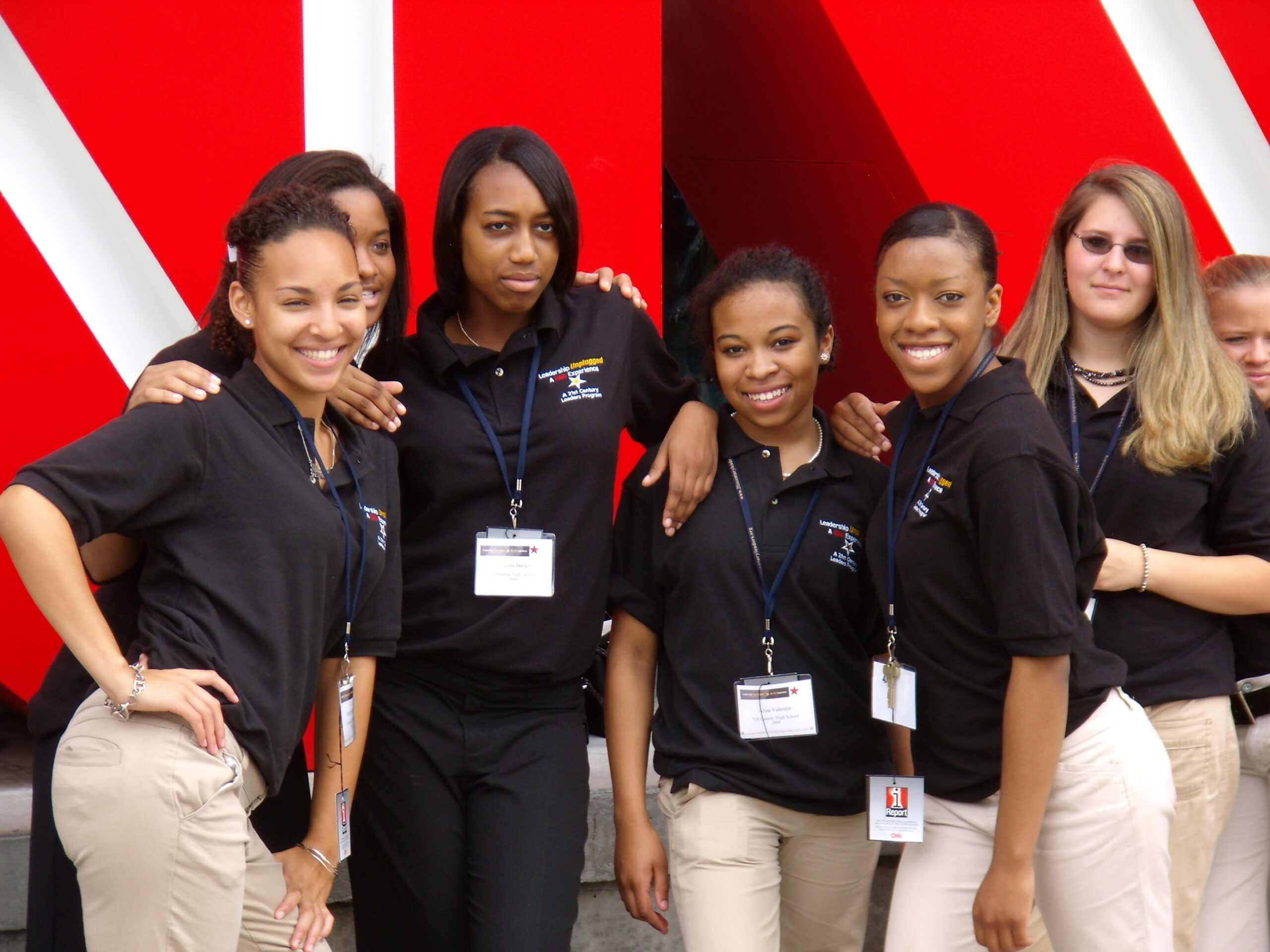
Which programs did you participate in? How did the skills/tools/perspectives you acquired from 21CL prepare you for your next steps, going into college, taking on new leadership roles in your community, college and after?
I participated in the Leadership Unplugged: a CNN Experience (now called the WarnerMedia Institute for Future Leaders) in 2007. During that time I learned the importance of preparation, creativity, and thinking on my feet, which has served me well throughout college, graduate school, and throughout my career.
What was a memorable or ‘aha’ moment in 21CL? (Particular program, meeting a professional and diverse peers, speaking in public for the first time, etc.?)
During the 21CL Summer Leadership Institute, we attended workshops and panels featuring television anchors, producers and senior executives. These guests led discussions on media and ethics, business etiquette and diversity in media. But what stands out the most is the diverse talent throughout the state of Georgia including rural Georgia that 21CL brought together. I can remember doing a group interview for the program at Abraham Baldwin Agricultural College in my hometown of Tifton, Georgia. I think it’s incredible how 21CL focused on cultivating talent from communities of color as well as communities outside of the Atlanta metropolitan area.
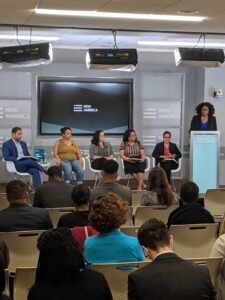 Did 21CL assist you in developing a leadership style that makes you an effective leader? if so how? And have you recently learned something else about leadership? Please share!
Did 21CL assist you in developing a leadership style that makes you an effective leader? if so how? And have you recently learned something else about leadership? Please share!
During my summer program with 21CL, we were placed in teams to pitch an idea to CNN for an article about technology’s effect on the world. That process taught me how to collaborate with people you don’t know well to achieve a shared goal. I learned that the person who may appear to be the quietest can have the best ideas so it’s important to ask everyone if they have something to contribute. On that same note, I believe an effective leader is someone who recognizes that a good idea is a good idea regardless of a person’s title, degree-level, or seniority. I think that this speaks to the age-old saying of treating the janitor with the same level of respect as the CEO. What I know to be true in the policy space specifically is that we must do a better job of centering the voices at the margins that don’t have megaphones and that principle guides my work.
